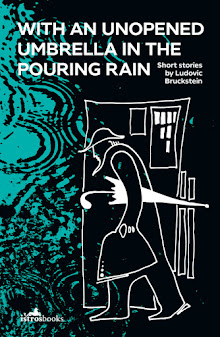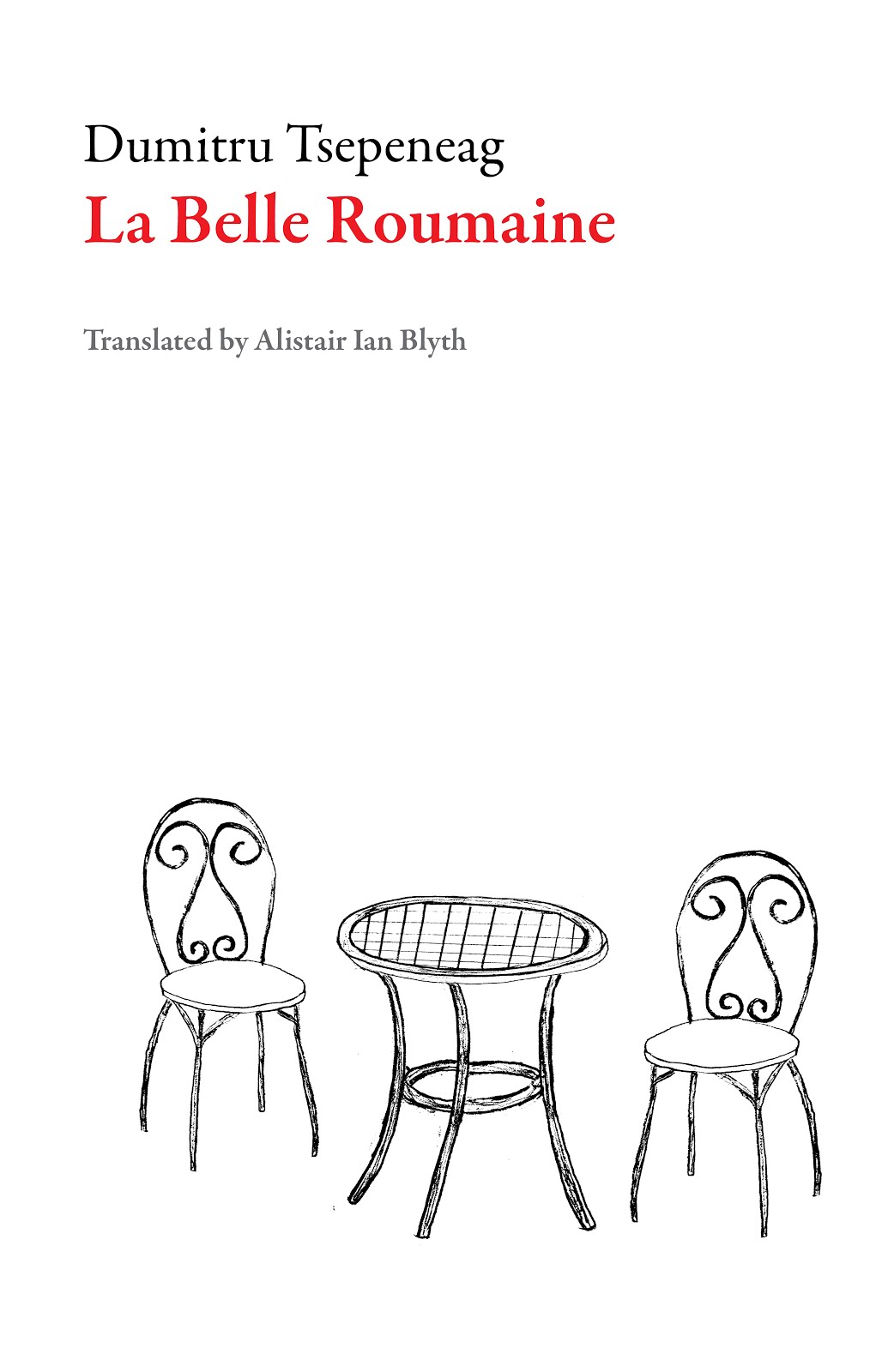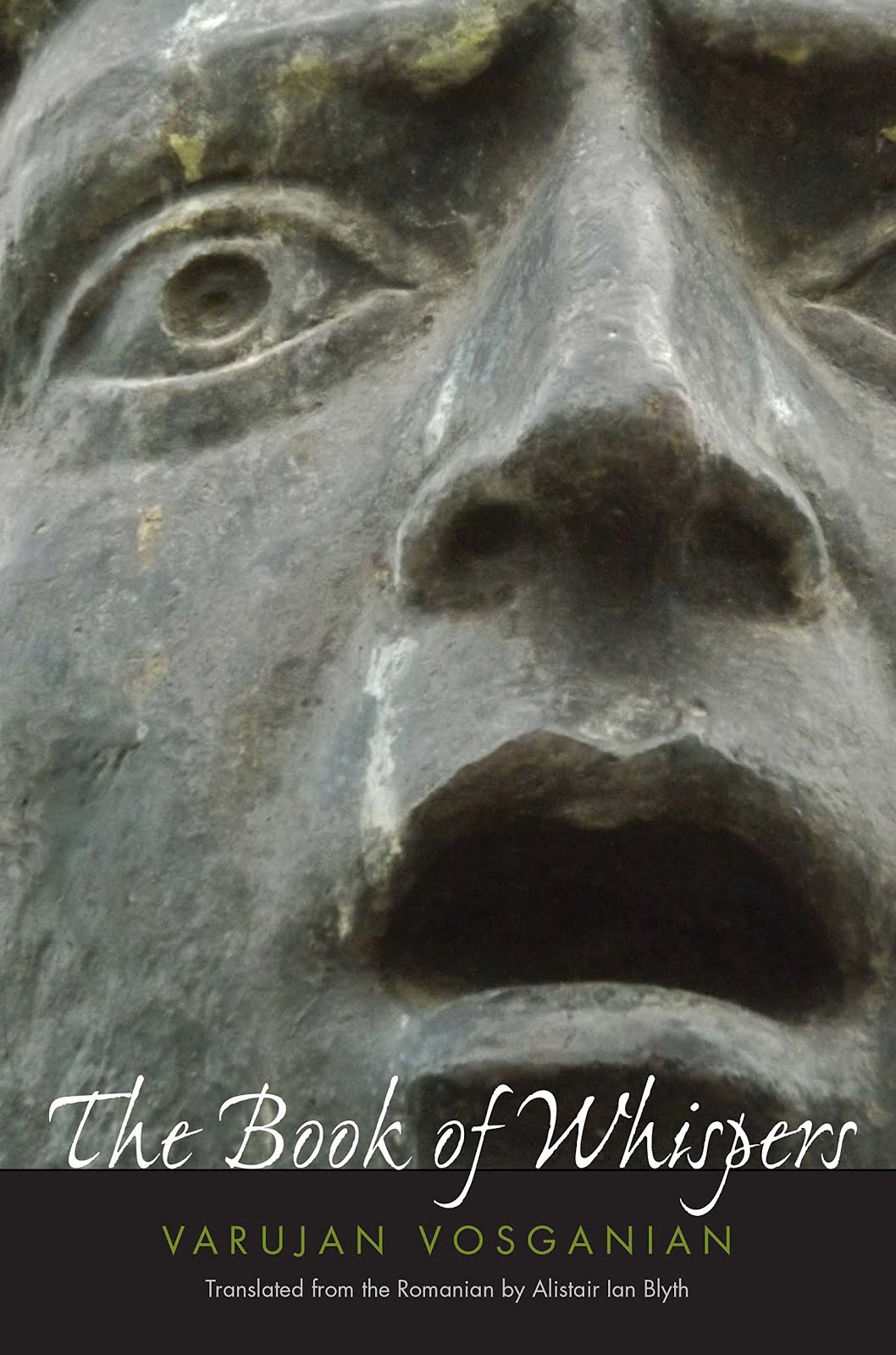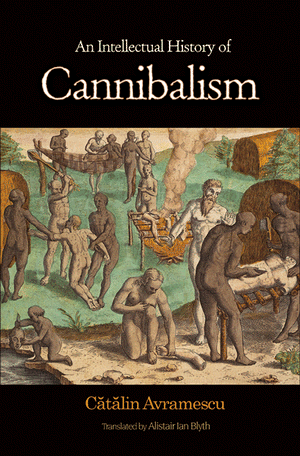Crepitus ventris essetne spiritualis?
R. Ita, probatur sic: 1. Quæ invisibilia sunt, spiritualia sunt. Atqui crepitus sunt invisibiles. Ergo spirituales sunt: minorem probo, dum vos oro ut insignem crepitum emittatis, mihique indicatis cujus coloris sit, vel metimini mihi ulnam unam, sicuti metiri solent pannus, & vobis, ut in concursu lampada tradam. [2.] Quæ habent agilitatem, ut nullus hominum possit eorum ictus evitare sunt spiritualia. Sed tale sunt crepitus. Ergo, &c. His adde, etiamsi crepitus proveniunt ex spelunca & nascantur sine visu, sicuti talpæ, attamen non sunt palpabiles, sicuti tenebræ Ægyptiorum. Ergo, &c. 3. Fides ex auditu est. Crepitus sunt ex auditu & odoratu. Ergo crepitus spirituales sunt.
R. Ita, probatur sic: 1. Quæ invisibilia sunt, spiritualia sunt. Atqui crepitus sunt invisibiles. Ergo spirituales sunt: minorem probo, dum vos oro ut insignem crepitum emittatis, mihique indicatis cujus coloris sit, vel metimini mihi ulnam unam, sicuti metiri solent pannus, & vobis, ut in concursu lampada tradam. [2.] Quæ habent agilitatem, ut nullus hominum possit eorum ictus evitare sunt spiritualia. Sed tale sunt crepitus. Ergo, &c. His adde, etiamsi crepitus proveniunt ex spelunca & nascantur sine visu, sicuti talpæ, attamen non sunt palpabiles, sicuti tenebræ Ægyptiorum. Ergo, &c. 3. Fides ex auditu est. Crepitus sunt ex auditu & odoratu. Ergo crepitus spirituales sunt.
Nugae Venales, sive Thesaurus Ridendi & Jocandi.
Anno 1689. Prostant apud Neminem; sed tamen Ubique.
Are farts spiritual?
Answer. Yes, proven thus: 1. That which is invisible is spiritual. Farts are invisible. Therefore they are spiritual: I prove the minor so long as I ask you to let fly with a blatant fart and you show me what colour it is or measure out an ell for me, as one might measure out a length of cloth, in which case I shall yield the point to you. [2.] That which is so swift that no man can avoid its impact is spiritual. Such are farts. Therefore, etc. Moreover, even if farts originate from a cavern and are born sightless, like moles, they are nonetheless impalpable, like the ghosts of Egypt. Therefore, etc. 3. Hearing is believing. With farts, hearing and smelling are believing. Therefore farts are spiritual.
Jokes for Sale, or Treasury of Laughing and Jesting.
Anywhere: Nobody, 1689. Page 9.
Note
minorem probo / I prove the minor: joco-serious parody of the language of logical disputation. The respondens (respondent) puts forward a thesis which is then contradicted by the objiciens (objector) through a syllogism. The respondent may either concede the major and/or minor premise of the syllogism, qualify them by finding both truth and falsehood therein, or deny them. If the respondent denies the major or minor premise, then the objector will proceed to prove his proposition, saying: probo majorem/minorem negatam (I prove the major/minor that was denied).





















No comments:
Post a Comment